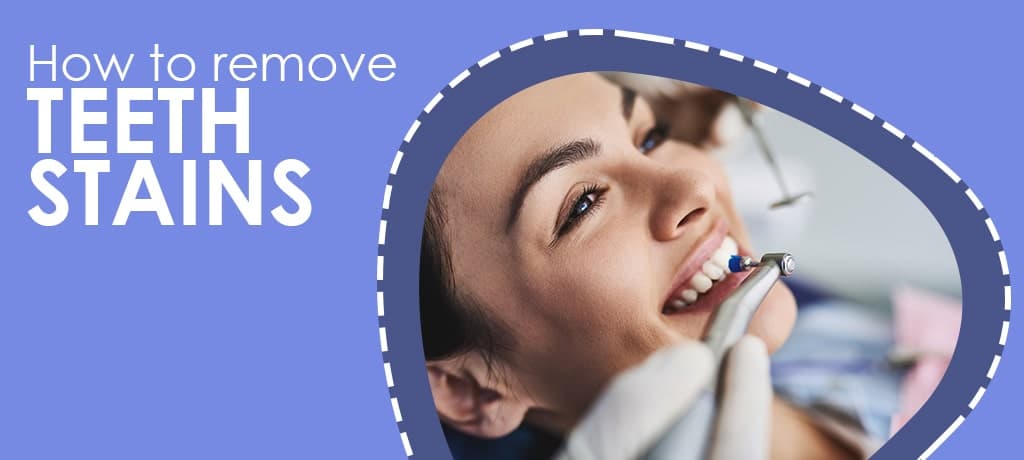How to Handle Dental Anxiety: Advice from Professionals
Dental anxiety is more common than you might think, especially here in the UK. Over 50% of adults in the UK experience some level of fear when it comes to visiting the dentist.
What Causes Dental Anxiety?
For some, it's rooted in past traumatic experiences. Others may fear pain, needles, or the loss of control while lying back in the chair.
How to Tell Your Dentist You're Scared
One of the best things you can do for yourself is to communicate openly with your dentist. Dentists are trained to handle nervous patients and genuinely want to make your experience as comfortable as possible.
Sedation Options for Dental Anxiety
- Nitrous oxide (laughing gas): Inhaled through a mask, this mild sedative leaves you relaxed but awake.
- Oral sedatives: Taken as a pill before the appointment.
- IV sedation: Administered intravenously for a higher level of sedation.
Conclusion
Dental anxiety doesn't have to define your relationship with oral healthcare. With the right strategies, support, and professionals, you can overcome your fears.









